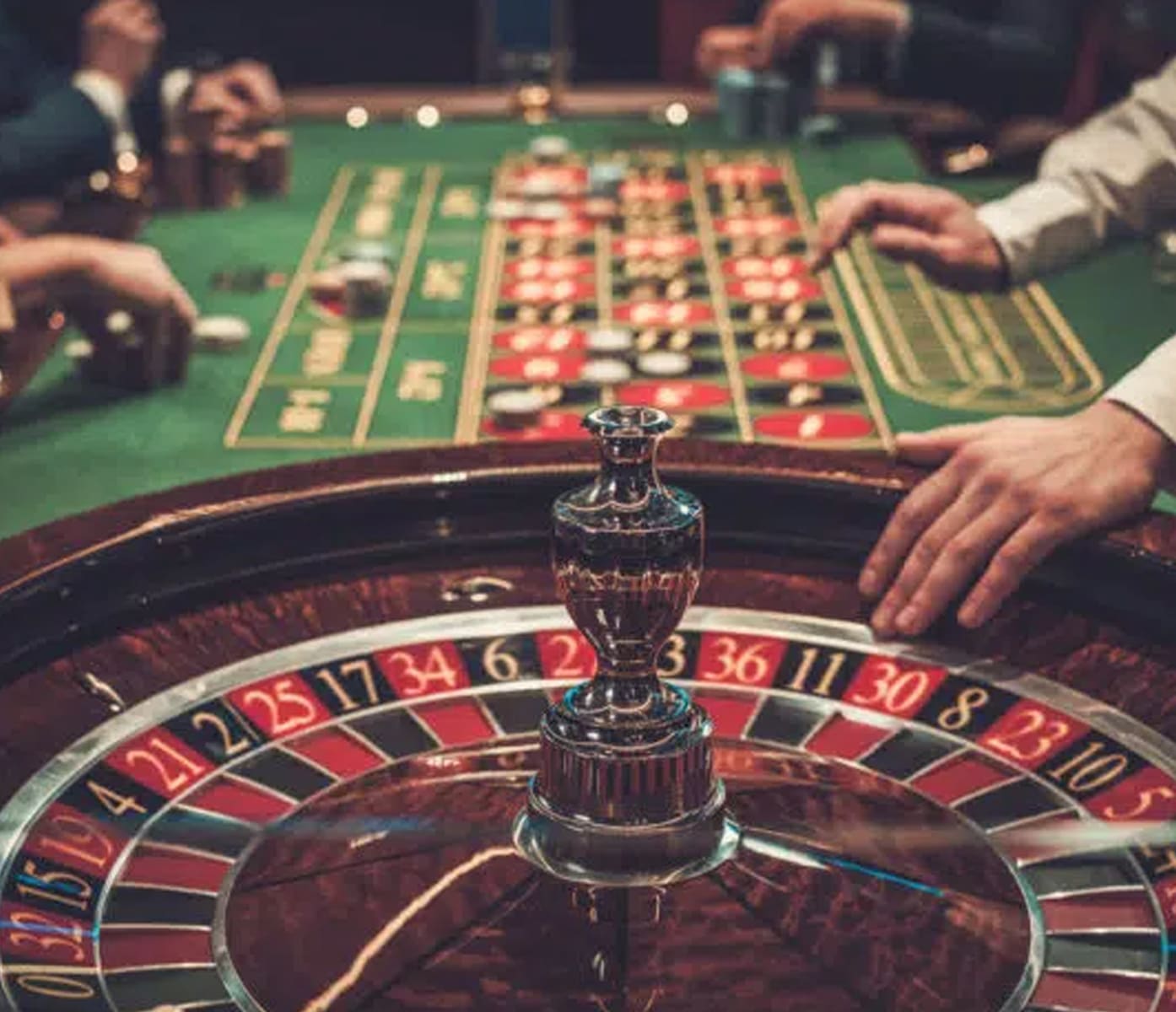
Gambling games have long captured the fascination of people around the world, becoming an important part of both fun and tradition. From the sparkling lights of Las Vegas to the immersive experience of internet gambling, these games evoke thrill, uncertainty, and sometimes even a sense of nostalgia. They are more than just pastimes; they have woven themselves into the texture of human experience, influencing everything from film and music to fashion and writing.
The allure of casino games transcends the betting aspect, tapping into broader themes of fortune, possibility, and human behavior. As players gather around a poker table or rotate the roulette wheel, they engage in an timeless ritual that resonates with our shared desire for excitement and unpredictability. This captivation has led to the growth of countless references in cinema, songs, and electronic games, showcasing how intensely entrenched these activities are in mainstream culture. Whether it is the high-stakes tension of a traditional caper or the colorful nightlife portrayed in videos, casino games have established a substantial role that reflects our connection with risk and reward.
Historical Importance of Gambling Games
Casino activities have played a crucial role in cultural aspects throughout history. Originating from ancient societies, games of chance were often linked to rituals or gatherings. For example, early forms of these activities can be linked back to historic Chinese and the Romans, where die games and wagering on outcomes were popular pastimes. These games not only functioned as entertainment but also as means of social interaction, facilitating relationships among people within societies.
As cultures evolved, so did the sophistication and organization of casino games. The creation of formal casinos in the 17th century, particularly in Italy, marked a major shift in how games were perceived and structured. With specific spaces for gaming, the casino became a social hub where people from various backgrounds gathered. This evolution contributed to the legitimization of gambling, transforming it from a mere pastime into an established industry that shaped economy and regulations.
The impact of casino games on popular culture cannot be overlooked. As they were popularized in books and movies, games such as Texas Hold’em and blackjack became symbols of chance, chance, and tactics. Iconic characters and narratives have emerged around these games, illustrating societal views towards luck, prosperity, and immorality. This fascination with casino activities has permeated various forms of media, solidifying their place in the collective consciousness and linking them to wider cultural stories throughout the ages.
Representation of Gambling Games in Entertainment
Casino games have long been a popular theme in different types of entertainment, reflecting both the fascination and nuances of the world of gambling. Films such as Ocean’s Eleven and Casino Royale portray characters who navigate high-stakes environments, showcasing not only the allure of the casino atmosphere but also the strategies and decisions that come with playing popular games like Texas Hold’em and 21. These films often dramatize the exhilaration of winning and the potential results of losing, encapsulating the perils involved in gambling.
TV programs have also explored the world of casino games, often integrating them into the narrative as a backdrop for story progression and tension. Shows like Vegas depict the lives of gambling employees and casino-goers, highlighting the vibrant, often chaotic energy of the gaming floor. Docuseries featuring high-stakes betting contests further emphasize the fascination of gambling activities, drawing viewers into the excitement and planning involved in each game. Through these portrayals, media not only engages but also stimulates conversations about luck, expertise, and the essence of chance.
Gaming have increasingly included gambling activities into their structure, allowing players to experience the experience of gambling without financial exposure. Titles within the realm of digital gaming often include virtual slots, online poker, and other popular casino games, creating an interactive experience that mirrors actual casino experiences. 188bet These virtual portrayals make gambling activities accessible to a broad demographic, appealing to both gamblers and those who enjoy the rush of virtual experiences. As a outcome, the portrayal of casino games in media continues to shape public perception and importance, highlighting their role in entertainment and social context.
Impact of Casino Games on Communities
Casino games have a significant impact on communities, influencing multiple aspects of culture and social behavior. They often serve as a venue for community engagement, where people gather to enjoy a shared experience. Casino trips with friends or visits to casinos become group events that build connections and create shared moments. This communal aspect boosts the entertainment value of casino games, making them a popular choice for celebrations and recreational pursuits.
Additionally, casino games have been depicted in countless films, television shows, and literature, influencing perceptions and attitudes towards gambling and betting. Icons like James Bond playing baccarat or the intense poker scenes in films have cemented these games in the collective imagination. This depiction often idealizes the culture associated with gambling, drawing in new players and influencing trends in both style and conduct. These representations can ignite curiosity and lead to a deeper exploration of the nuances of gaming.
Nonetheless, there are also negative consequences linked to the popularity of casino games. The allure of quick monetary gain can lead to gambling addiction and financial troubles for some individuals. The community must contend with these issues, advocating for responsible gaming and education of the risks involved. Balancing the entertainment value of casino games with the risks is crucial to ensure that they remain a positive aspect of our societal fabric.
